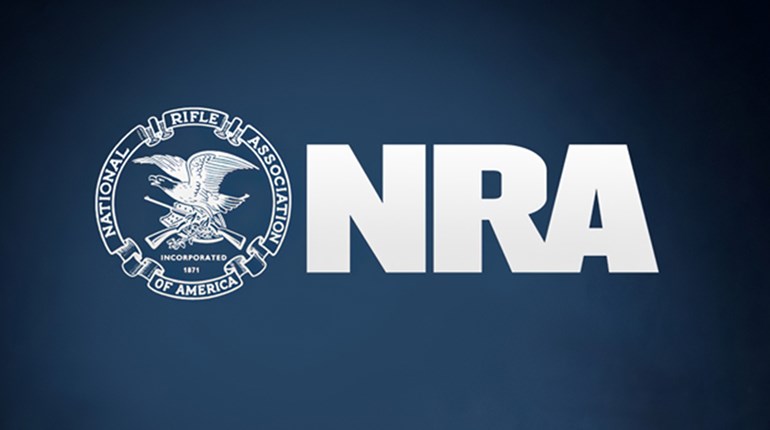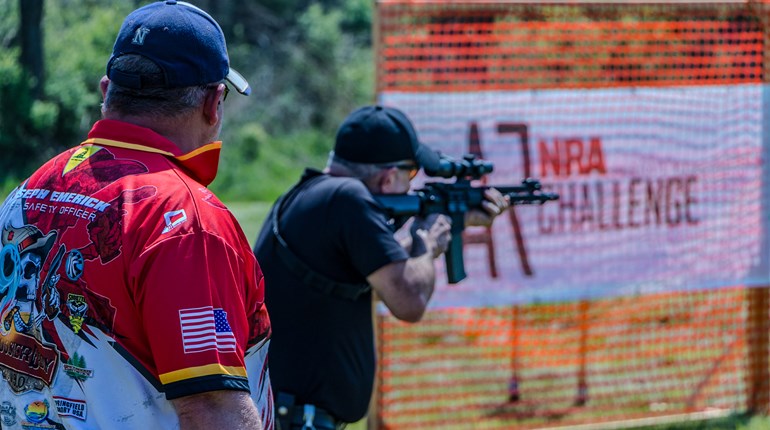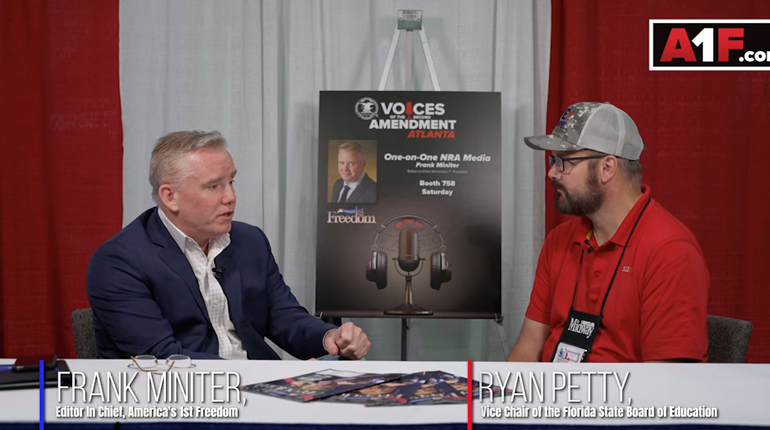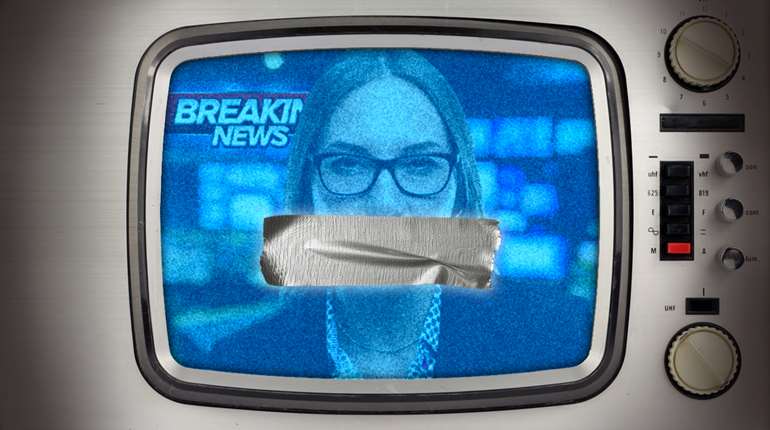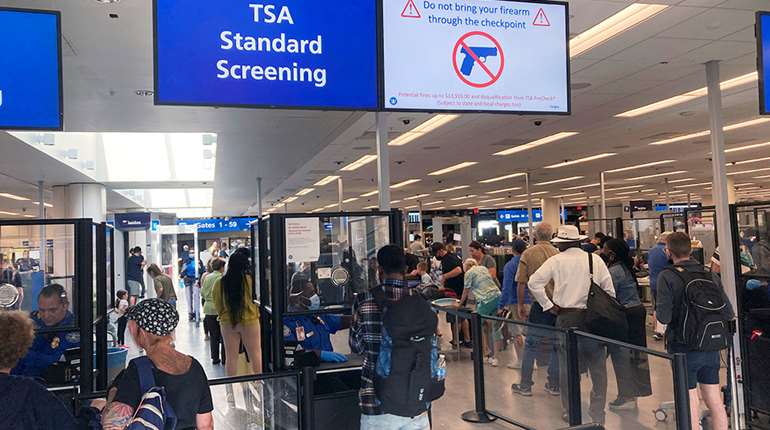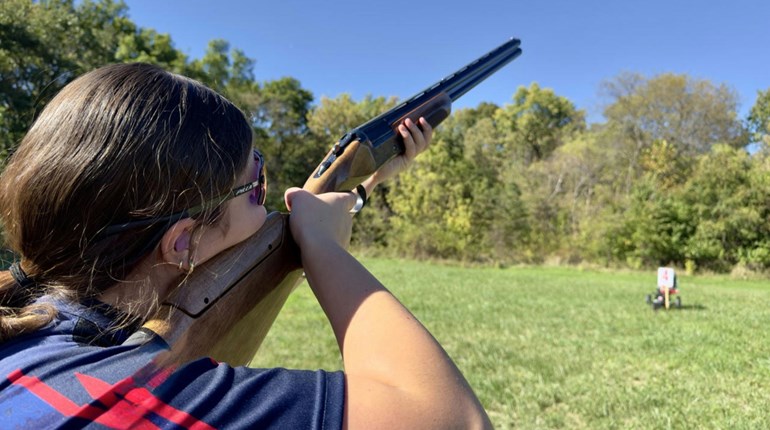
Whether it is trying to make a scene look authentic or simply ensuring the star is comfortable carrying a gun, the “technical advisor” role is especially critical in the ever-growing realm of film, television and streaming.
So, what does it take to make it in the niche role, and how hard is it training the Tinseltown elite to look cool and collected toting a small or long arm (even the actors and actresses who trash the Second Amendment when they’re in front of news cameras)?
We caught up with Kevin Kent, a retired Navy SEAL turned tech advisor and weapons instructor. He happened to be on the East Coast set of the new “Walking Dead” spinoff.
Kent, 47, has worked on everything from Michael Bay’s “Transformers” 3 and 4 to “13 Hours: The Secret Soldiers of Benghazi” to Jerry Bruckheimer’s “Twelve Strong.”
A1F: How did you make the transition from 21 years in the Navy to Hollywood?
K.K.: My first exposure was back in 2006 when I was still active duty, and my sons were doing some film work in Los Angeles, and I got to know how it works a little then and connected with a guy named Harry Humphries; he is a Vietnam-era SEAL and the go-to tech advisor. He has been my mentor in the industry and probably the biggest influence.
The first show I worked with him on was called “Red” with Bruce Willis and John Malkovich back in about 2009. Basically, how it works is the director or producer says he wants the actors doing A, B or C with guns and leaves it up to us to facilitate it. So, maybe 10 SEALs are brought in and we train them. It is not necessarily about shooting a gun, but it is about making sure they look like they know what they are doing and are comfortable using blanks.
That was my first real exposure, and from that, Harry got me involved in “Transformers.” He has been working with Michael Bay ever since “The Rock” with Sean Connery in the 1990s. I retired from the military in 2013, and I’ve been in Harry’s hip-pocket ever since—picking his brain, learning every aspect of the job.
A1F: So what are the most challenging aspects of that?
K.K.: Many people like to step out of the military and go, well darn, I will be a tech advisor. But there is a lot more to it than that. For example, you might train an actor and think, well, he looks good and is doing everything right. But then you look at the monitor, and that isn’t what the cameras are capturing. So you have to be able to train somebody, and then be flexible enough to make adjustments when it looks different or weird on camera.
A1F: Over the past decade or so since you started, what changes have you noticed regarding weapons use and training?
K.K.: I think a lot more productions are trying to get it right. At the moment, I am working on “The Walking Dead” spinoff. It is mostly zombies and arrows, so why do they need a military advisor? More productions want people with real-life weapons experience. They want the cast to move together and have confidence. They want advisors who understand the ins and outs of weaponry. They might be using a lot more CGI for the explosions and effects, but that only goes so far. They have to make sure the guys in the foreground look good and hold their weapons properly.
A1F: You have trained a lot of big names. Can you tell me more about those experiences?
K.K.: We did a Spike Lee movie called “Da 5 Bloods,” with a really good cast of characters. The late Chadwick Boseman came in to film, and he literally had two weeks, then he was gone. We were filming in Thailand, so when he came in, it was very difficult to train him like we trained the other guys because we took the other guys to the shooting range in Thailand, and we had a lot of time to walk them through the steps. But to make a person look halfway decent doesn’t take a lot. You can train somebody for three days, and if they are pretty sharp, they will get it.
Take Jennifer Garner, who I trained for “Peppermint.” We went to Taran Butler's place, and in just three or four days—she did have some training before—she looked phenomenal. And on “13 Hours,” we ran a one-week boot camp in L.A. We brought in four weapons trainers for John Krasinski, Pablo Schreiber and the rest of the cast. We did two to three-hour blocks and then some physical fitness. When we went to Malta to film, they were ready to be up on that roof going through mag after mag, firing and looking clean.
We had a great group of guys who were willing to willing to train and that’s the hardest thing that you’re going to have to overcome as an instructor. The actor has to be a willing participant. Because their craft is acting, we want them to focus on that. We don’t want them worrying about the magazine change or if they can pull the trigger. If they can work with a gun effectively and not have to worry about looking dumb, we have done our job.
A1F: You have worked a lot with Michael Bay; how was that experience?
K.K.: Michael is a huge supporter of first responders and the military; he likes to give veterans chances to do stuff in the industry and has been very supportive of me. He is pretty much on board with what everyone’s role is on-set; he lets us do our jobs, and I wouldn’t be where I am without Michael.
A1F: Any similarities between the military and Hollywood?
K.K.: Anybody that has been in the military will understand the “hurry up and wait” aspect of it. You’re constantly waiting for something, either standing around waiting for somebody to tell you something or waiting for something to happen so you can react to it. That’s kind of how Hollywood is; you’re setting up scenes, and then you’re waiting for the first A.D. or a director or producer or somebody to come by and go, “Hey, this is happening here.” So from that perspective, a lot is very similar.
A1F: What advice do you have for someone who wants to become a weapons advisor in the entertainment industry?
K.K.: Remember the job title is an advisor. I can give my advice, but whether they take it or they don’t take it is not up to me. I have worked on projects where people go, “Why did you let the actor do it that way?” and I have to remind them that I get trumped too. Sometimes it’s not about budgets or anything else. It is about how the production team wants to do things.













